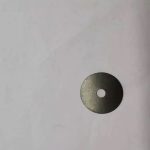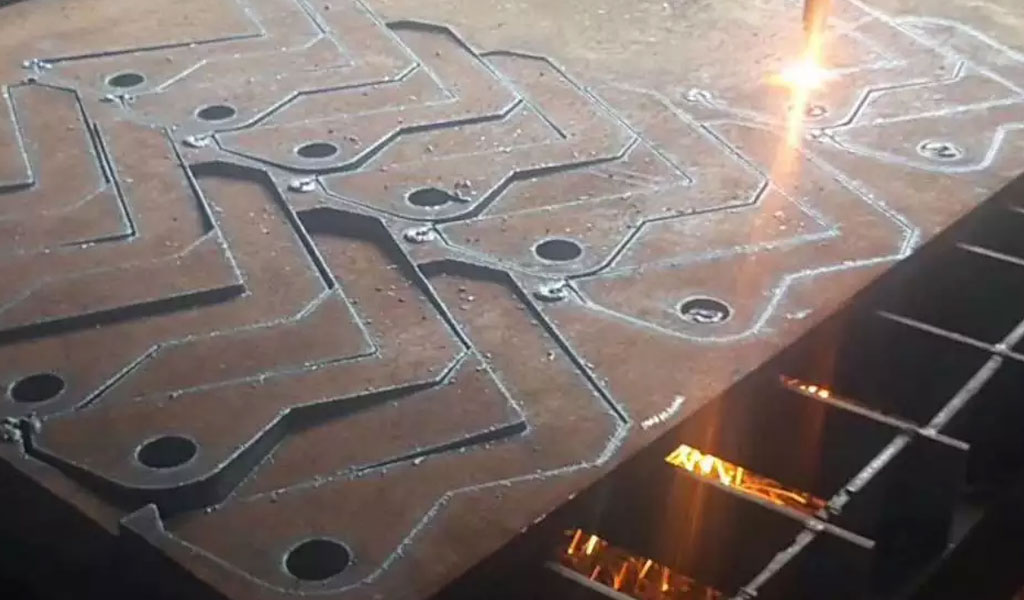Etching steel is a precise and intricate process used in various industries ranging from manufacturing to art. Whether you’re creating detailed designs on a blade, preparing a surface for bonding, or producing intricate circuit boards, the choice of acid for etching plays a critical role in determining the quality of the outcome.
In this comprehensive guide, we will explore the best acids for etching steel, examining their properties, applications, safety considerations, and handling procedures.
Understanding Steel Etching
Steel etching is the process of using acid or other chemicals to create designs or patterns on a steel surface. This technique involves selectively removing parts of the metal to achieve the desired effect. The process typically includes the following steps:
- Preparation: Cleaning the steel surface to remove any oils, dirt, or residues.
- Masking: Applying a resist (protective coating) to areas that should not be etched.
- Etching: Applying the acid to the exposed areas of the steel.
- Neutralizing: Stopping the etching process by neutralizing the acid.
- Finishing: Cleaning and polishing the etched steel to enhance the design.
The type of acid used for etching significantly influences the depth, clarity, and precision of the etching.
Common Acids for Etching Steel
- Ferric Chloride (FeCl3)
- Properties: Ferric chloride is one of the most popular acids for etching steel due to its effectiveness and ease of use. It is a dark brown, water-soluble compound.
- Applications: Commonly used for etching circuit boards, creating detailed art, and preparing metal surfaces for various treatments.
- Advantages: Produces clean, precise etchings; relatively safe compared to other strong acids; widely available.
- Disadvantages: Can stain surfaces and requires proper disposal of used solutions.
- Hydrochloric Acid (HCl)
- Properties: A strong, corrosive acid that is clear and colorless. Often used in a diluted form for etching purposes.
- Applications: Ideal for more aggressive etching where deep penetration is required.
- Advantages: Fast-acting and highly effective on steel; useful for industrial applications.
- Disadvantages: Highly corrosive and dangerous to handle; produces toxic fumes; requires stringent safety measures.
- Nitric Acid (HNO3)
- Properties: A highly corrosive and reactive acid, available in varying concentrations.
- Applications: Used for deep etching and creating detailed, sharp lines on steel.
- Advantages: Produces very fine and detailed etchings; effective for both small and large-scale projects.
- Disadvantages: Extremely hazardous; can cause severe burns and respiratory issues; requires careful handling and disposal.
- Sulfuric Acid (H2SO4)
- Properties: A dense, oily liquid that is highly corrosive and can be diluted to various strengths.
- Applications: Often used in industrial settings for heavy-duty etching and surface preparation.
- Advantages: Powerful and fast-acting; effective for removing large amounts of material.
- Disadvantages: Very dangerous; can cause severe chemical burns; produces harmful vapors.
- Phosphoric Acid (H3PO4)
- Properties: A moderately strong acid that is less corrosive than other acids mentioned.
- Applications: Used for light etching, cleaning, and rust removal.
- Advantages: Safer to handle than stronger acids; produces less toxic fumes.
- Disadvantages: Slower etching process; not suitable for very deep or detailed etchings.
Safety Considerations and Handling
When working with acids, safety is paramount. Here are some essential safety tips for handling acids during the etching process:
- Protective Gear: Always wear appropriate protective gear, including gloves, goggles, and aprons, to protect against acid splashes.
- Ventilation: Ensure adequate ventilation in the workspace to avoid inhaling toxic fumes.
- Neutralization: Have neutralizing agents, such as baking soda or lime, on hand to neutralize any accidental spills.
- Storage: Store acids in clearly labeled, corrosion-resistant containers away from incompatible materials.
- Disposal: Dispose of used acids and etching solutions according to local environmental regulations to prevent contamination.
Conclusion
Selecting the best acid for etching steel depends on the specific requirements of your project, including the desired depth, detail, and speed of the etching process. Ferric chloride stands out as a versatile and relatively safe option for many applications, while hydrochloric, nitric, and sulfuric acids offer more aggressive etching capabilities for industrial purposes. Phosphoric acid, on the other hand, provides a safer alternative for lighter etching tasks.
By understanding the properties and applications of these acids, along with adhering to proper safety protocols, you can achieve precise and high-quality etching results on steel surfaces. Whether you’re a hobbyist or a professional, the right acid can make all the difference in your steel etching endeavors.
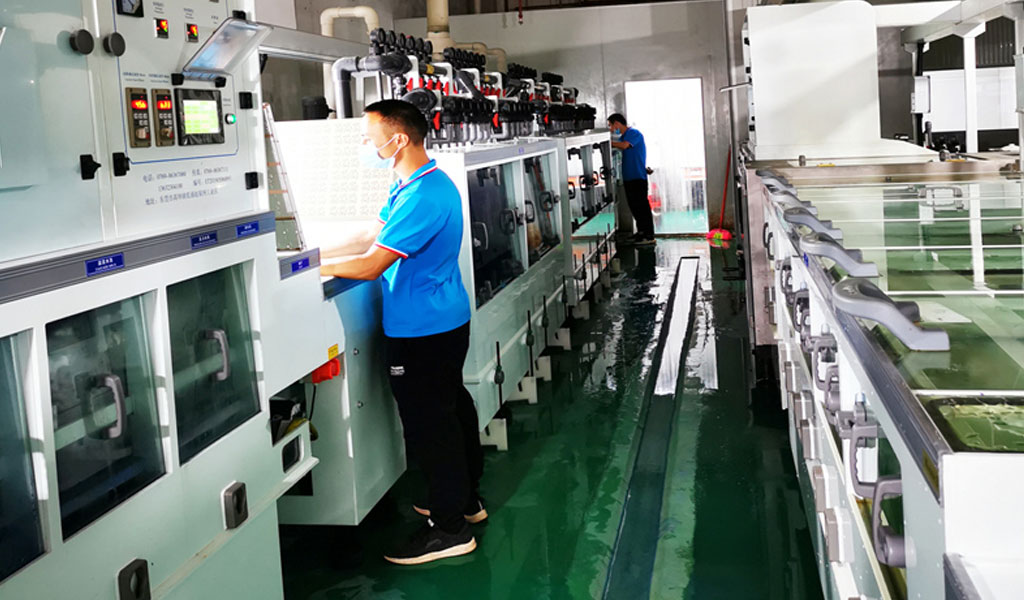
We Can Take Care Of Your Metal Etching Needs.
BE-CU metal etching china company’s strength lies in our investment in chemical etching production line. Chemical etching production line are the foremost innovation to the metal etching industry.
The programmability of Chemical etching production line gives us quick and accurate repeatability. This constant replication allows for better finishes, tighter tolerances and most importantly – faster cycles for metal forming.
By engaging our etching company, you can also get the much-needed support to design your part for any specific purpose. Our team can provide custom design tips, such as ensuring consistent wall thickness and avoiding overly thick sections that can sink.
Are you designing new products for projects companies? We can help! Here at BE-CU Metal Etching China Company, we offer a reasonably priced rapid metal etching service that will allow you to make an amazing prototype that will impress your clients. Get a free project review here so we can get started for your metal etching products!
- Photo Etching for Medical Use
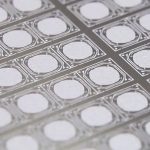
- Photo Etching for Metal Sign
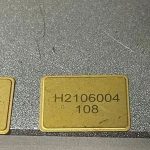
- Photo Etching for Jewelry
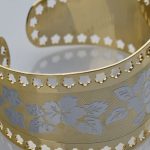
- Ferric Chloride Etching Stainless Steel
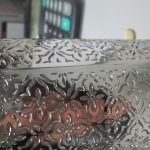
- The Best Acid for Etching Steel
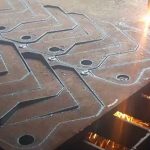
- The Principle And Process Flow Of PCB Etching Machine
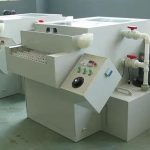
- In The Localization Of Wafer Foundry Equipment, Etching Machines Stand Out

- How Important is the Blind Hole Rate of Filter Screens?
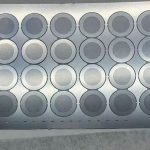
- The whole process of stainless steel sheet etching
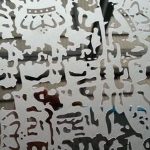
- What is the Role of Aperture Diaphragms in the Field of Optics?
